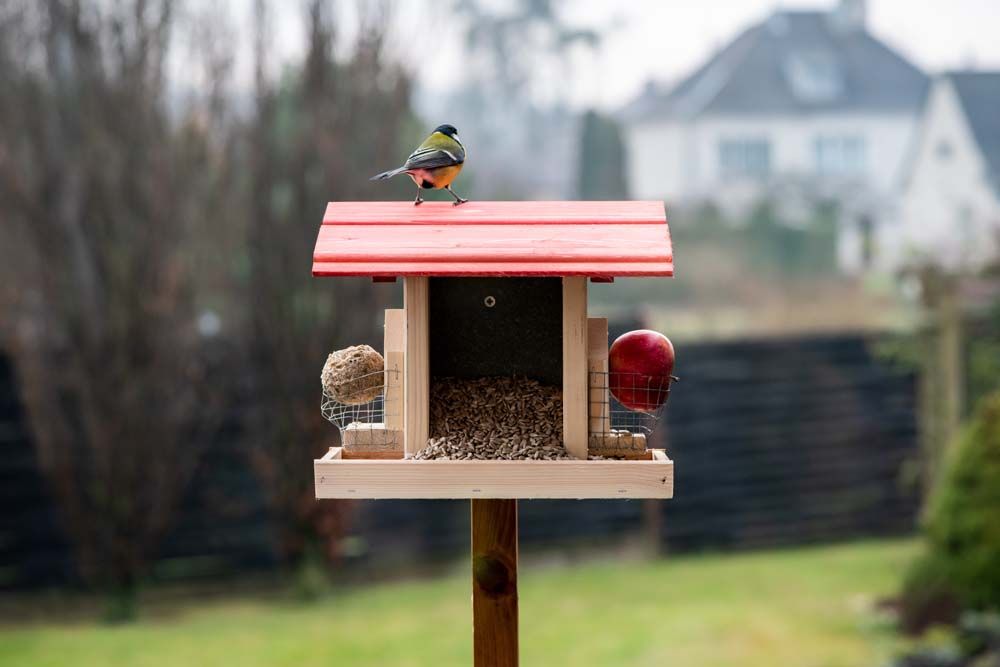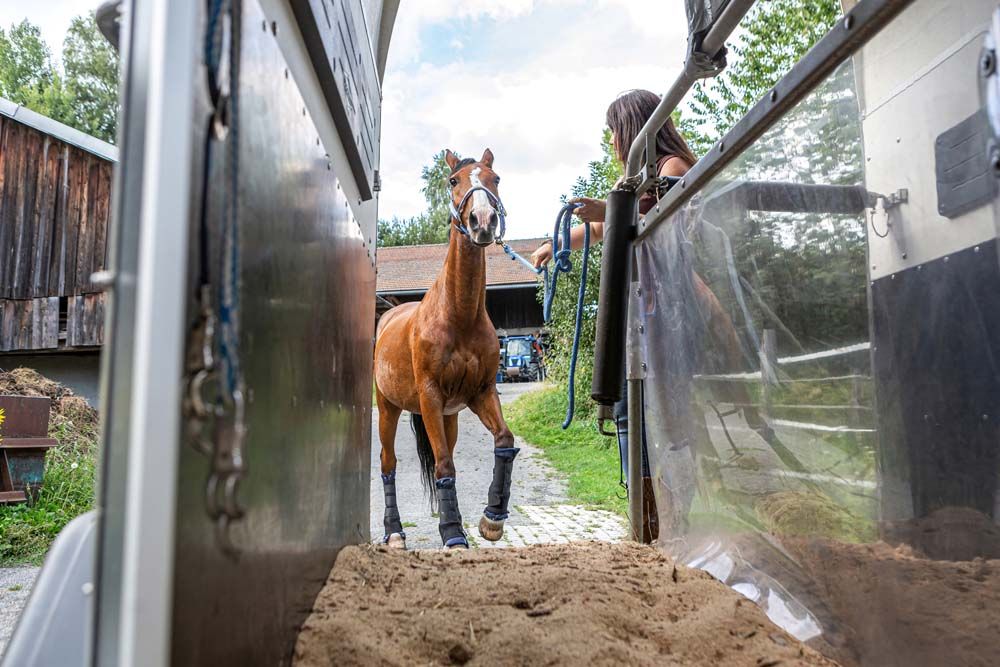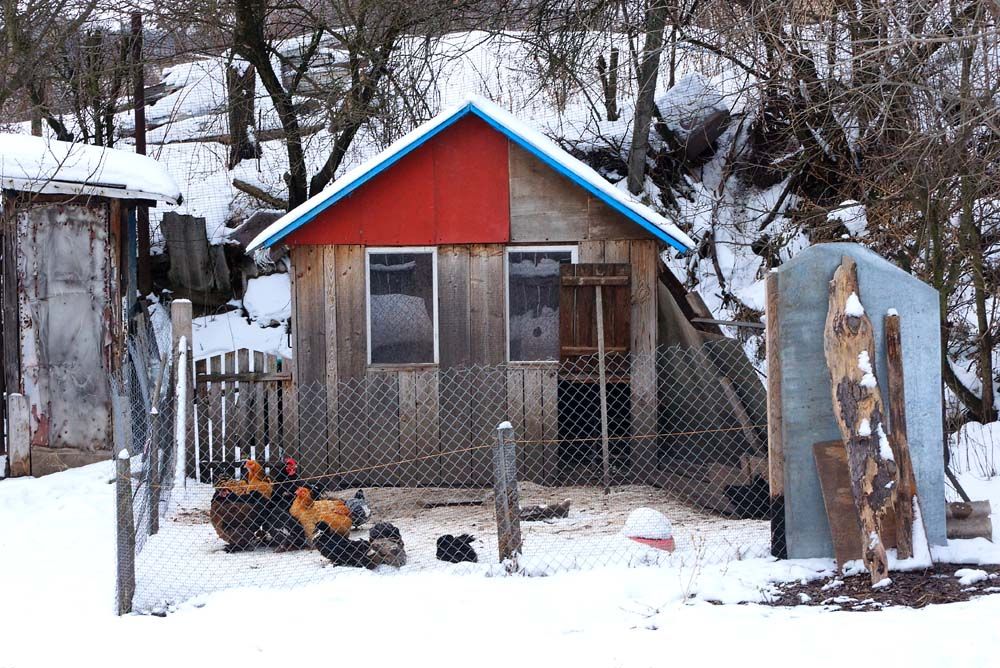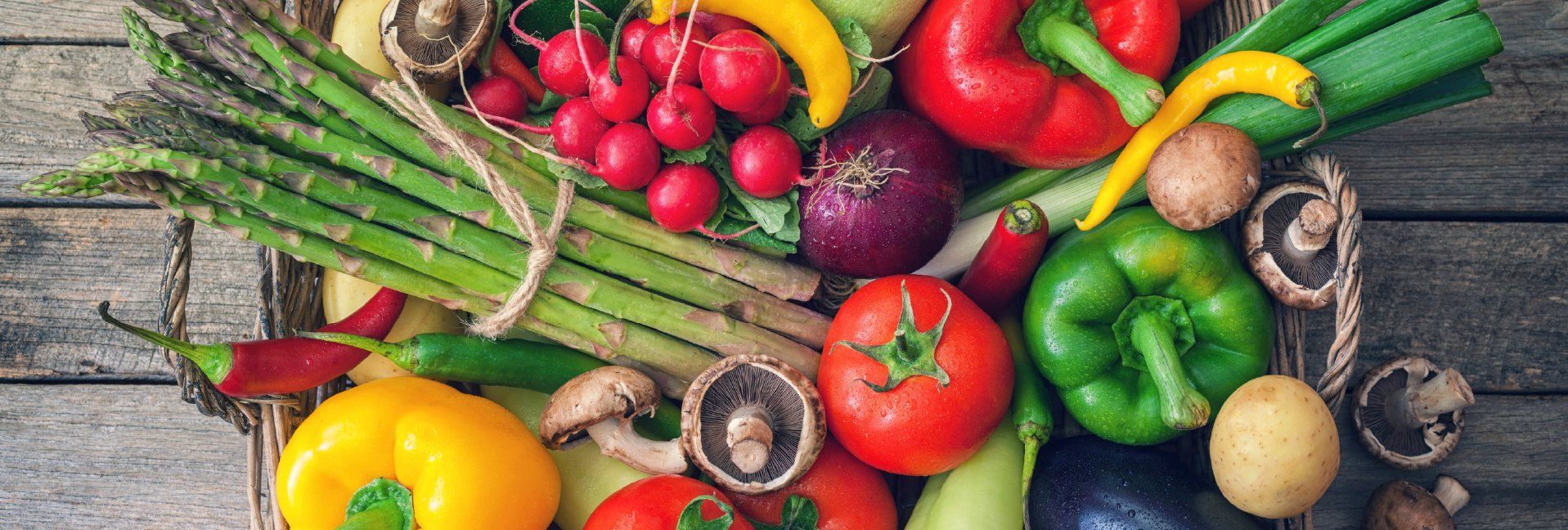Is California Trying to Starve its Residents?
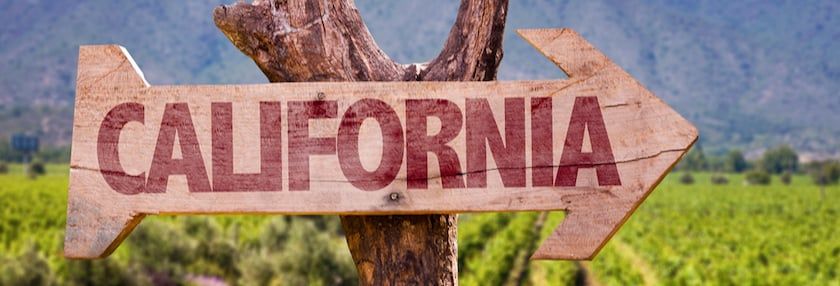

How 'California ruins everything': Prop 12 seems worthwhile, but…
This headline seems outlandish—that a government would be working against the very people who elect and fund them.
But that is exactly what is happening in California. It started many years ago but the last 5 years have really shown their “bold” intentions.
California’s overtime bill
The first effort to dismantle California’s food supply was by initiating increases in labor costs, back in 2016. Not only did California begin the increase in minimum wages for the state and H2-A workers, but they also made agricultural workers eligible for overtime pay at a faster rate than before.
Previously, agricultural workers were paid time-and-a-half if they worked more than 10 hours in a day—now they must be paid overtime if they work more than 8 hours in a day or 40 hours in a week.
If you know anything about agriculture, you know that labor costs are often the highest costs for fruit-and-vegetable producers. These products require much more labor through the land preparation, planting, tending, and harvesting phases, making them more expensive for consumers.
Raising the cost of labor put many farms out of business, or caused them to transition to less labor intensive crops that utilize more machinery.
It’s not that agricultural workers don’t deserve to be paid more, as it’s often a very laborious job and sometimes requires significantly hard and long days. But farmers are not in a position to increase the wages of their employees without passing much of this cost onto the consumer. We already spend nearly 10 percent of monthly income on food.
California’s bill was predicted to see dramatic negative impacts for California’s farms, economy, and employees. Farmworker income was expected to decline by 16%, 78,000 jobs could be lost, and statewide income could be reduced by as much as $7.8 billion while increasing labor costs from 46% to 73% for some of California’s top crops (vegetables, fruits, tree nuts).
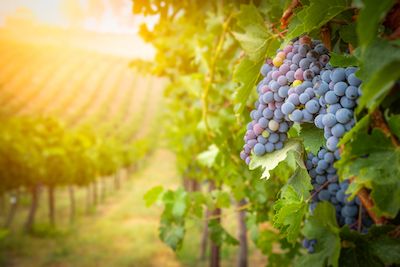
What seems beneficial in theory, actually has drastic impacts on the very people they are trying to “help.”
Controversial Prop 12
More recently, California has been focusing on animal agriculture with Proposition 12, purported to be about limiting farm animal cruelty.
Proponents claim that the law is a small effort to increase animal welfare by enacting larger minimum space requirements for livestock industries like pork, egg layers, and veal.
“Small” is the last word I would use to describe this change, as Prop 12 requires 24 square feet per pig, 144 square inches per hen, and 43 square feet per veal calf.
This rule essentially doubles the minimum space requirements that are currently standard practice. It also prevents farmers from using gestation or farrowing crates in the pork industry as these limit the space sows can move.
The problem is, more space isn’t really a clear indicator of happiness in animals. We tend to inflict our human emotions on animals—because we’d like more space, they should to, but this isn’t the case. Animals like food, water, and a clean environment, which is exactly what farmers provide.
Prop 12 essentially eliminates the ability for California hog, egg-laying, and veal operations to continue operating. Many of these facilities are built with concrete and other permanent structure materials in order to withstand the hundreds of thousands of animals the building will see in its usable life. It’s not as simple as just taking out a wall to increase space, or widening a metal pen—the cost is billions of dollars in infrastructure change.
In addition, the law significantly reduces the amount of animals you can have in your existing space, which in turn significantly reduces profits. (What if I came to you and said “You need to double the size of your house or I’m going to cut your annual income in half,” would you be able to do it within 3 years?)
Prop 12 doesn’t just apply to farmers located in California—it also requires that any pork, veal, or egg products sold in California also meet these strict regulations.
Compared with other states, California doesn’t produce much pork or eggs, yet their population eats 15% of the country’s pork and 12 percent of the nation’s eggs, and veal, which they are getting from other states.
States supplying California with these products do not have these minimum size standards for their operations. Companies like Smithfield, a major pork producer, are having to decide between retro-fitting their operations to maintain the 15% foothold in California or risk losing the market entirely.
Product shortages and food cost increases have already been experienced with the pandemic, but it could hit us harder, as Prop 12 enforcement began on January 1st, 2022.
Unintended consequences
To me, it looks like California is trying to starve its own residents. They are working hard to dismantle one of the top industries in their state and a major food producer for the entire country, while creating more expensive food products. Moreover, the cost to operate a farm continues to rise, with complicated water politics and land cost increases.

Some cities, like Sacramento, have delayed enforcement for six months because the California government still has not released specifics on the law, even though it was enacted nearly 4 years ago.
You should be paying close attention to Prop 12 in California because other states may take notice and begin writing their own similar laws, which will eventually impact every U.S. producer.
Tags:Hobby Farming

Acreage Life is part of the Catalyst Communications Network publication family.





